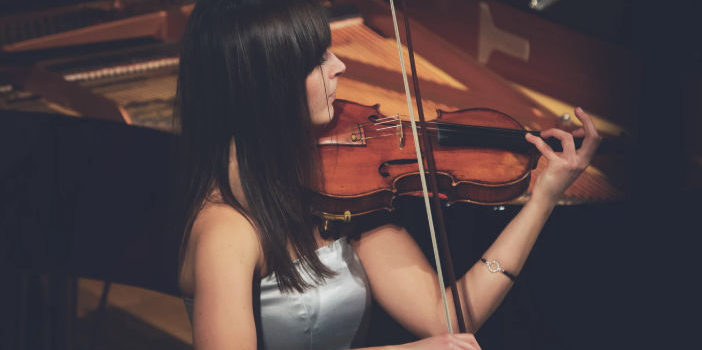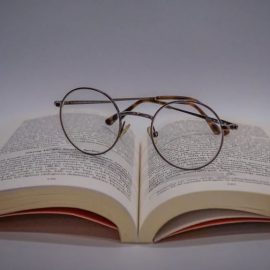

This article is an excerpt from the Shortform book guide to "The Sports Gene" by David Epstein. Shortform has the world's best summaries and analyses of books you should be reading.
Like this article? Sign up for a free trial here .
What is the 10,000-hour rule? Is it true that a lot of practice can override talent?
The phrase the 10,000-hour rule has become a popular way to express the idea that enough practice is a virtual guarantee of expertise. It epitomizes the idea that practice (nurture) can overcome innate ability (nature).
Here’s what the science has to say on the matter.
The 10,000-Hour Rule
The phrase 10,000-hour rule is based on a 1993 study entitled The Role of Deliberate Practice in the Acquisition of Expert Performance, which examined the number of hours violin players at a prestigious music academy practiced. The study found that:
- The top violinists had spent more time practicing on their own since taking up the instrument than less-skilled players.
- By the time the musicians reached the music academy, the difference in practice times had added up to thousands of hours.
- Using the estimates of practice time given by the musicians, the authors came up with an average of 10,000 hours of practice by the time the top musicians were 20 years old.
- The authors proposed that this accumulated practice accounted for the difference in performance and suggested that the idea could be transferred to sports.
(Shortform note: For the rest of the summary, we will refer to The Role of Deliberate Practice in the Acquisition of Expert Performance study as “The 10,000-hours study.”)
| Practice vs. Deliberate Practice Not all practice is equally productive. The authors of the 10,000-hours study use the term “deliberate practice” instead of “practice” to reinforce this idea. Deliberate practice is time put aside to improve one’s skills. By definition, it is structured and requires effort and engagement. It also requires attention to strategies that best suit an individual’s learning style or needs. The authors make it a point to note that deliberate practice is not necessarily enjoyable. Simply participating in a sport or activity does not necessarily count toward hours of “deliberate practice.” The seemingly endless drills run during sports practice (often not inherently enjoyable) are an example of deliberate practice (if players are actively engaged). |
Limitations of the 10,000-Hours Study
While well-known and heavily referenced, we should be cautious when applying findings from the 10,000-hours study to other disciplines and situations. The study has been cited by other researchers more than 12,000 times, and it has become one of the most well-known studies in the field of psychology. However, Epstein notes that it has significant limitations that are unfortunately overlooked in popular interpretation. Some of these include:
- The study asked participants to recall how many hours they practiced the violin as children. The violinists themselves were inconsistent in their reporting.
- The study included only talented musicians at a prestigious music academy. These musicians had already dedicated themselves to their craft and rigorous practice. Therefore, the sample included in this study is not representative of musicians as a whole.
- 10,000 hours was the average of the reported practice times. The range was not reported in the study.
The authors of the 10,000-hours study did not use the phrase “the 10,000-hour rule,” nor did they propose 10,000 hours as a guarantee of expertise. Epstein notes that the catchy term was a product of the media reporting on the study. It was pushed further into the mainstream by Malcolm Gladwell’s bestselling book Outliers (where he coins the term “the 10,000-hour rule” and asserts that the ability and luxury to dedicate thousands of hours to practice is what truly sets elites in their fields apart). The lead author of the study himself has stated that the phrase the “10,000-hour rule” misconstrues the study’s findings.
| Follow-up Research Does Not Support the Study’s Findings A 2019 study sought to replicate the findings of the original 10,000-hours study while addressing gaps in experimental design. Similar to the original study, the researchers found that a large amount of the difference in violinists’ performance was explained by practice. However, the follow-up study found that practice had less of a determining effect on overall skill level than the original study. In fact, the newer study found that the “best” violinists had practiced for fewer hours (on average) than the “good” violin players by the time they were 18. |

———End of Preview———
Like what you just read? Read the rest of the world's best book summary and analysis of David Epstein's "The Sports Gene" at Shortform .
Here's what you'll find in our full The Sports Gene summary :
- A look at how our genes play a determining role in our success in sports
- Why practice doesn't always guarantee success
- The fortuitous gene pairings that can lead to elite athleticism






